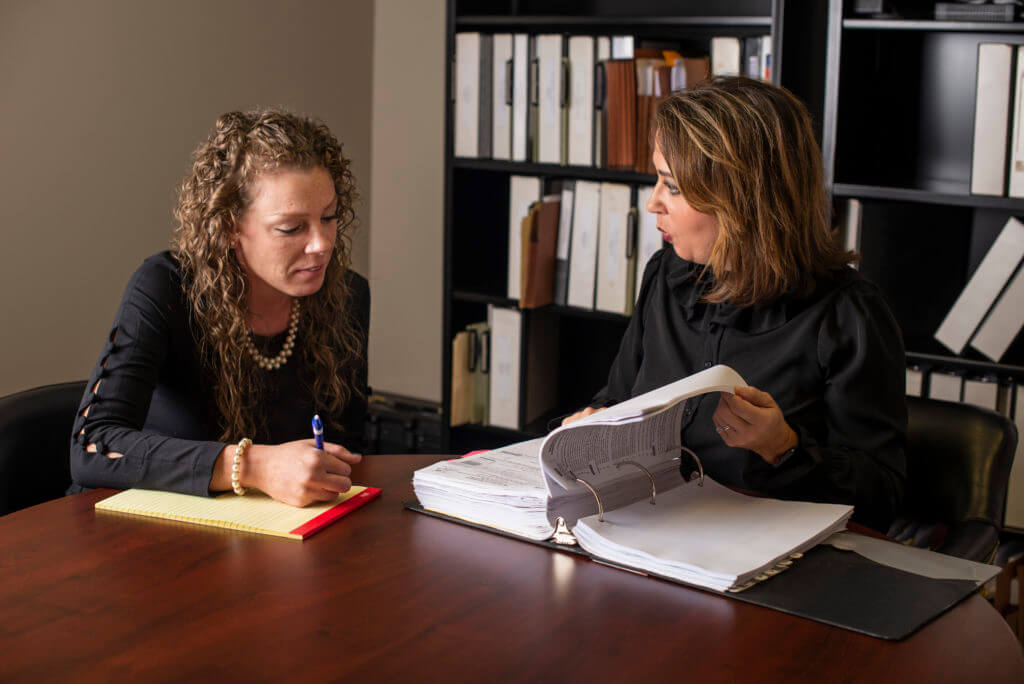
Key Provisions for Your Lease Agreement
My dad owned rental property for several years. At first, things started off pretty well. He had little maintenance and good tenants. He always did what he could to provide a comfortable home for his tenants and felt that he had a respectful working relationship with the people who rented from him.
One day, a stove went out in one of his units. He immediately replaced it. While he was installing the new stove, the tenant made a strange comment to him. She said, “I finally got one on you.” He was confused and asked her to explain. She told him that all these months she had been paying him rent but he never had to pay for anything, so she finally “got one on him”.
Unfortunately, that was a reality check for my dad. At that moment, he realized that sometimes his tenants did not see the relationship as he did. The harsh truth with rental property is eventually someone will try to beat you, even when it’s not a competition.
Property owners must prepare for the chance that they will have to call upon the judicial system to collect monies owed to them. The process of collecting on a detainer or breach of contract (in this case, the lease) action starts when you draft the lease. Certain key provisions need to be in your lease agreement to give you the best chance of success.
My office and a significant amount of my landlord-tenant practice is located in Madison County, Tennessee. Madison County follows Tennessee’s version of the Uniform Residential Landlord Tenant Act (URLTA for short). URLTA was designed to level the playing field between property owners and tenants, causing consequences for property owners who do things like locking a tenant out of property for failure to pay rent, getting rid of personal property without notice to tenants, etc. It also places certain obligations on both the tenants and property owners.
Here are some key provisions for your lease agreement to keep you compliant with URLTA and prepare you in the event you have to take your case to Court.
- Late Charges. URLTA requires a five-day grace period for rent. Thus, if the rent is due on the first, it can’t be “late” until after the fifth. After the fifth, property owners can charge a late fee, but the late fee cannot exceed 10% of the amount of rent past due. See TCA 66-28-201.
- Notice of Non-Payment. You would think that if someone does not pay the rent, they would know it and not need to be told. URLTA says otherwise. Unless notice of non-payment is specifically waived in your lease agreement, a property owner must provide a tenant notice if the tenant fails to pay the rent. Make sure your lease agreement says that the tenant waives notice of non-payment. See TCA 66-28-201
- Renters Insurance. URLTA states that “the landlord or the landlord’s agent shall advise in writing that the landlord is not responsible for, and will not provide, fire or casualty insurance for the tenant’s personal property.” Make sure it’s stated in your lease agreement.
- Security Deposits. It’s imperative that a property owner get a security deposit. It’s a good idea to have the security deposit a different amount than the monthly rent so a tenant does not assume the security deposit is simply the last month’s rental. The security deposit must be kept in a separate account that is used for nothing other than holding security deposits. URLTA also states a specific procedure that must be followed by the property owner regarding the inspection of the property and the tenant’s right to be present for such inspection. See TCA 66-28-301 for more details. It also states the procedures the property owner must follow to compile a list of the damages to the property, including estimated costs of repair, that must either be signed by the tenant or a written copy sent to the tenant, depending upon the circumstances. There are also situations where this procedure does not have to be followed, like if the tenant abandons the property, has to be removed through judicial means, or fails to appear at an agreed upon time for inspection. If, however, this procedure is not followed when applicable, the property owner can lose its right to apply the security deposit to damages to the property.
- Attorney Fees. A bit of legal history. In Ye Ole England, the winner of a lawsuit always gets their attorney fees paid. Apparently, when we broke off from the mother country, we didn’t like that idea. In the US, the winner will only get their attorney fees paid by the loser if there is a particular statute they sue under that says they can get attorney fees (for example, the Tennessee Consumer Protection Act) or if it’s stated in a contract. If you want to get your attorney fees back if you have to sue a tenant, it has to be stated in the lease.
The risk of suffering a data breach has never been higher, especially for businesses in Foley, AL and Gulf Shores, AL. Small businesses are three times more likely than larger businesses to be targeted by cybercriminals. The costs of a cyberattack, both in terms of financial and reputational damage, can be devastating to small businesses. […]
You have spent years building your business in Foley, AL and Gulf Shores, AL, but at some point, the time will come for you to sell the company and exit. While many business owners choose to keep the company in the family, that is not always realistic. Family members may not have the interest or […]
Over time, your business can undergo significant changes. What may have started as a humble, one-person operation in Foley, AL can grow into a more complex company, with multiple owners, employees, an evolving mission statement, and increasing risks. As the scope and goals of your business shift, an accompanying change in business structure might be […]
Small business owners in Foley, AL and Gulf Shores, AL are no strangers to government regulations. There are many requirements that businesses must be aware of and comply with, including business license and permit rules. Most businesses must obtain licenses or permits, so it is important for each business to know which ones it needs. […]






